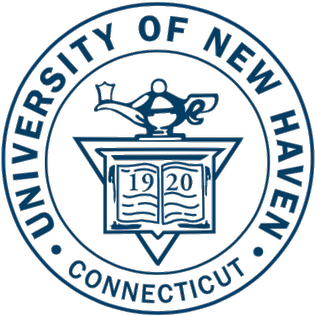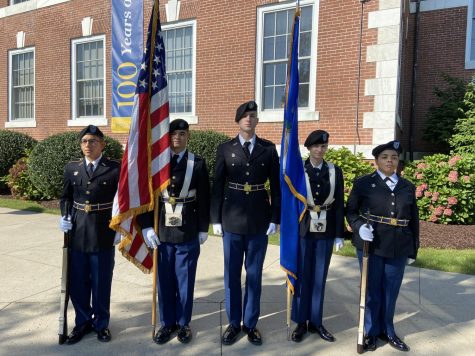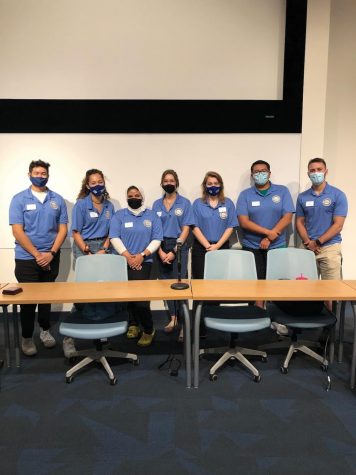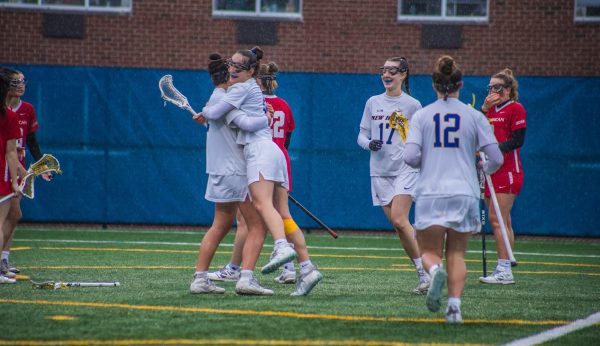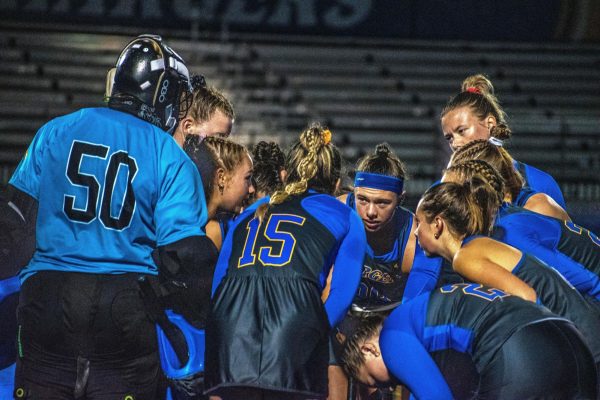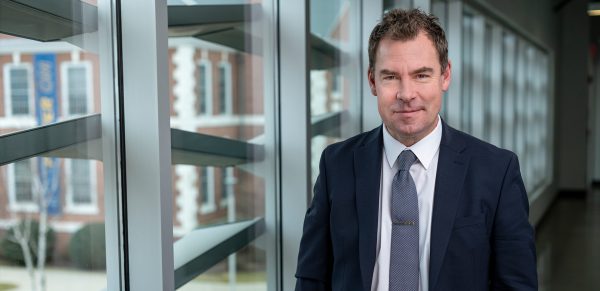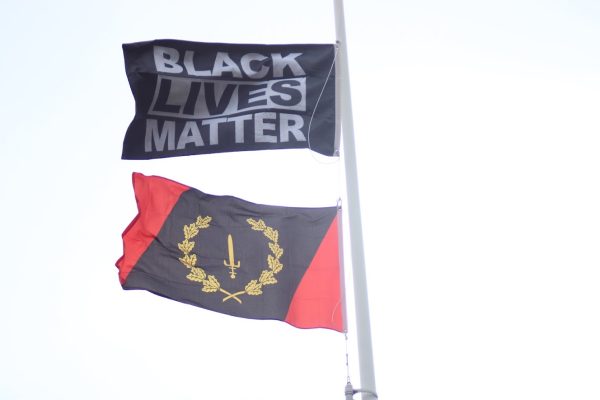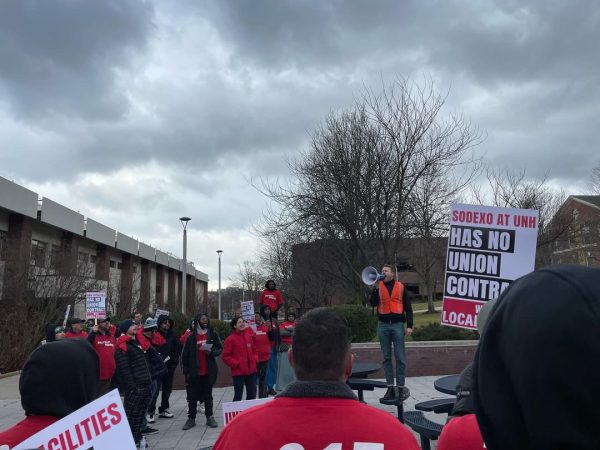Examining Sexual Assault Resources on Campus
When students are in danger, they need to know that their university is there to protect and support them. In sexual assault cases, this is especially true. So what protections are in place to prevent students from becoming the next survivor? And how effective are those programs and policies?
The University of New Haven’s resources include the Title IX office, counseling center, and the university police department (UPD). But trying to curb sexual assaults, is no easy feat, female college students are four times more likely to be the victims of sexual assault than other women and college men five times more likely.
University police chief Tracey Mooney says that UPD is well-equipped to handle sexual assaults on campus.
“Officers are fully trained in the process and procedures of criminal investigations, to include those of sexual assaults,” said Mooney. “Officers also regularly receive re-certifications training and updated courses on criminal investigations.”
In fact, any allegation of sexual assault that is reported to university police goes through a full investigation, so long as “probable cause was developed to believe a crime was committed,” said Mooney. University police also work with the West Haven police department during such investigations.
Incidents occur at the University of New Haven less often that national statistics may lead us to believe, with only eight instances of rape occurring in 2017.
But what about the instances of sexual assault that aren’t reported?
Rebecca, a senior criminal justice major at the University of New Haven who asked that her last name not be used, is a survivor of sexual assault. During her junior year, Rebecca said she was assaulted by a man off campus, and she never reported it to any of the university’s resources.
“I didn’t feel like it was important enough to make an issue of it,” said Rebecca. “I would hope that the university would have resources to support me, but I don’t know who I would even go to.”
This is a common response for survivors of sexual assault. According to, the Rape, Abuse & Incest National Network (RAINN), 26 percent of female students age 18-24 believe that their experience with sexual assault is a personal matter, and an additional 12 percent believed that it wasn’t important enough to report.
“I think having some kind of information on who to contact and more education would be helpful,” said Rebecca.
But with a dean of students’ office that hosts events on sexual assault and consent, and mandatory classes for freshman students, what is the next step for the university to increase education about sexual violence, and become more transparent to students who might need help?
Ashley Dunn, assistant director of student programs and Title IX compliance, said that “there’s always room for improvement” when it comes to education and information about reporting, recognizing, and stopping sexual assault.
Dunn’s work in Title IX compliance includes training the campus community, employees and students, on issues related to sexual assault and consent. In her time working on campus, one thing that Dunn has realized is invaluable in sexual assault education is student leadership and partnering with student organizations.
“We try to play a backseat role in the sense of, I would say, just as a best practice for education,” said Dunn. “We know that when we allow students to lead it, students feel more comfortable attending.”
Dunn has worked with the Undergraduate Student Government Association (USGA), the victimology club, and several Greek organizations to host events related to consent and sexual assault.
According to a report published by the dean of students’ office, in 2017 five formal reports of sexual assault/misconduct and 37 informal reports were brought to their attention. Formal reports are investigated. Informal reports are either reported anonymously or not at all, but those that reported did not seek any sort of investigation.
These numbers also differ from those provided by the campus police because of the difference in definition. As a private institution, the university has the power to create its own definitions for sexual assault and misconduct. UPD is much more precise in their definitions, strictly using legal terms.
The number of rapes on campus are not increasing. Many sexual assault cases go unheard of because survivors, like Rebecca, don’t want to share their stories.

Everett Bishop is a senior at the University of New Haven and is student life editor for The Charger Bulletin. He is double majoring in communications...

